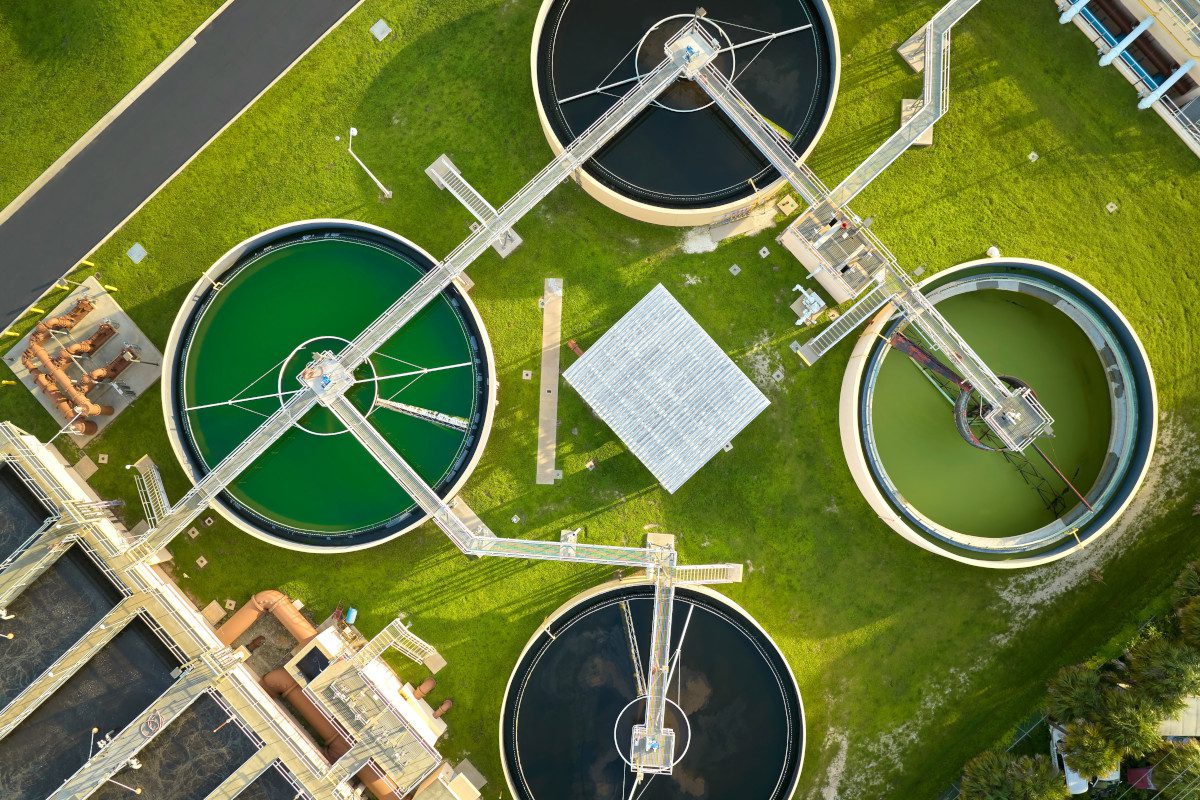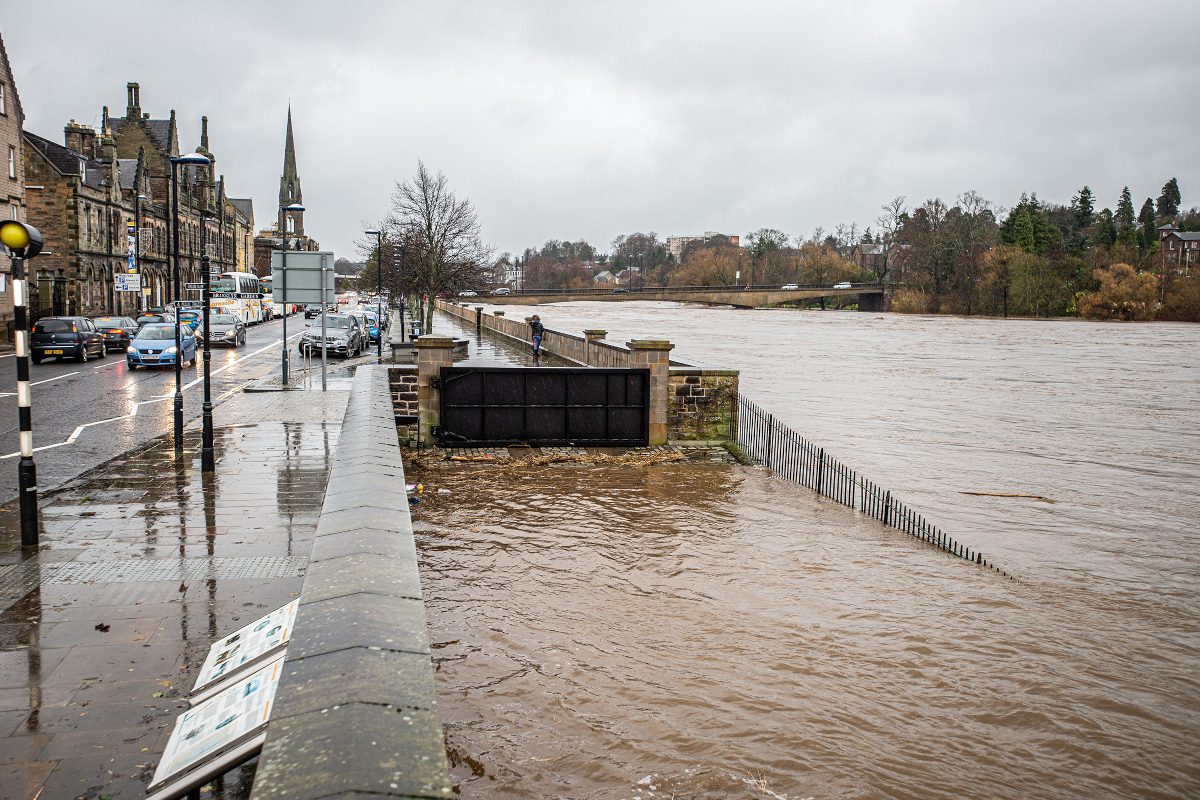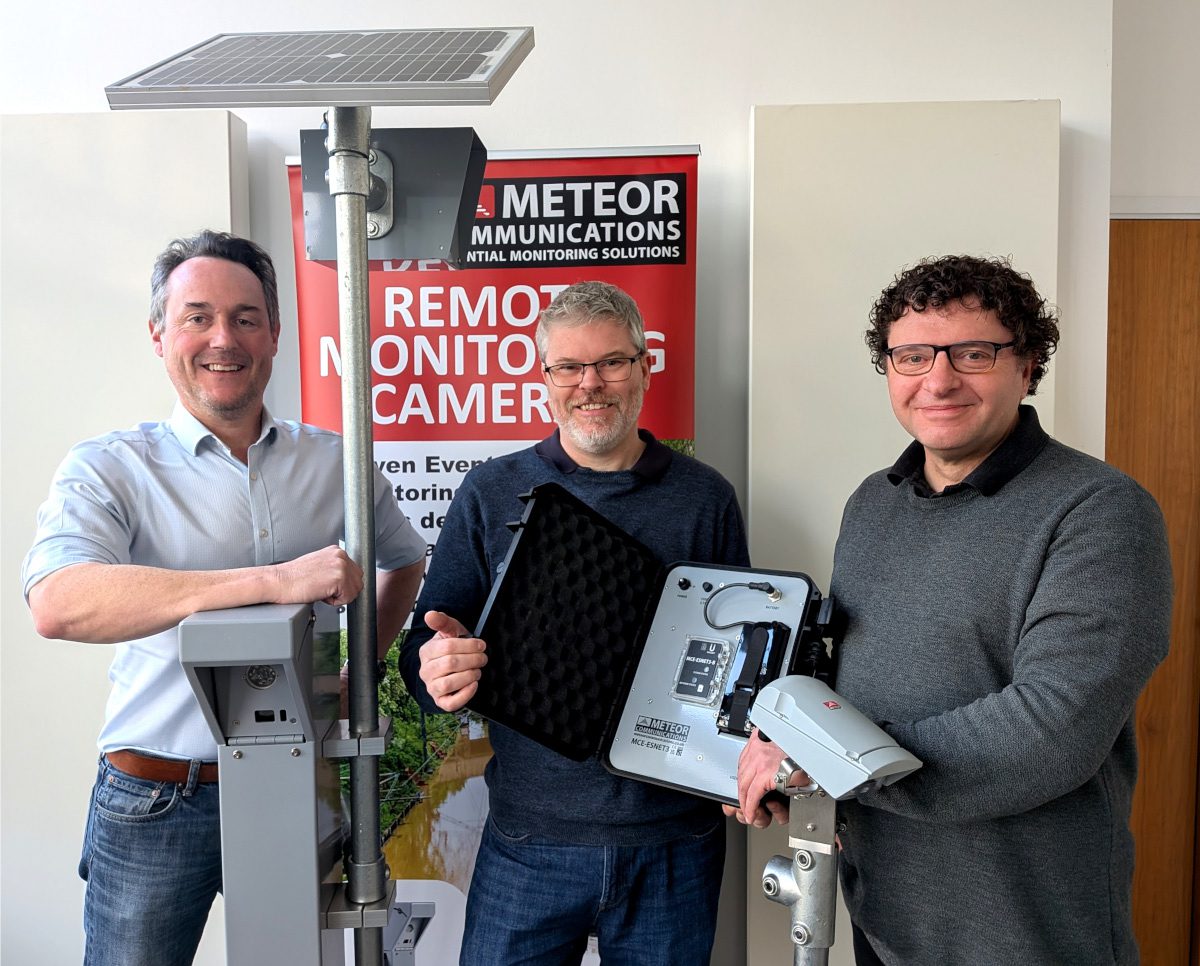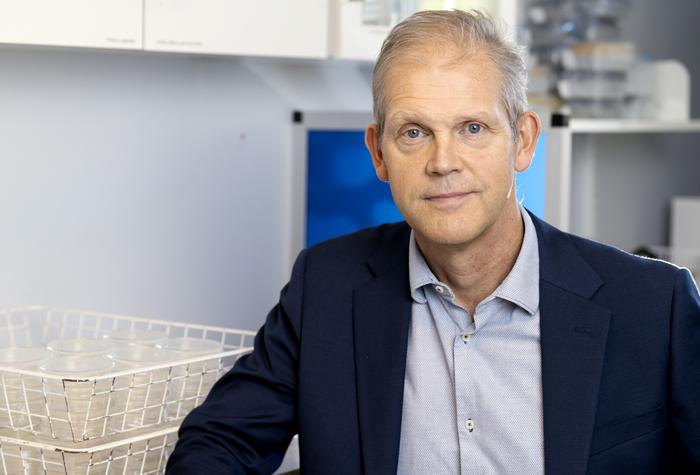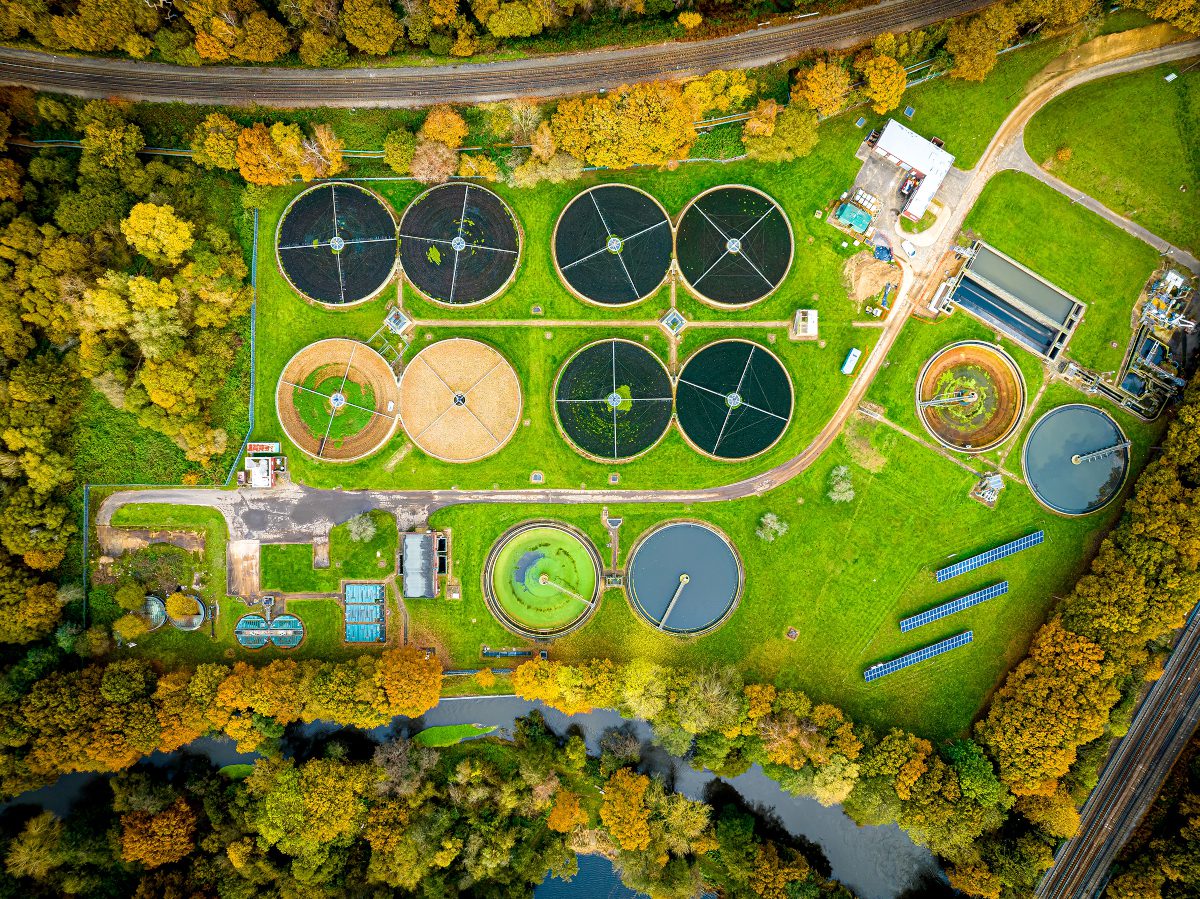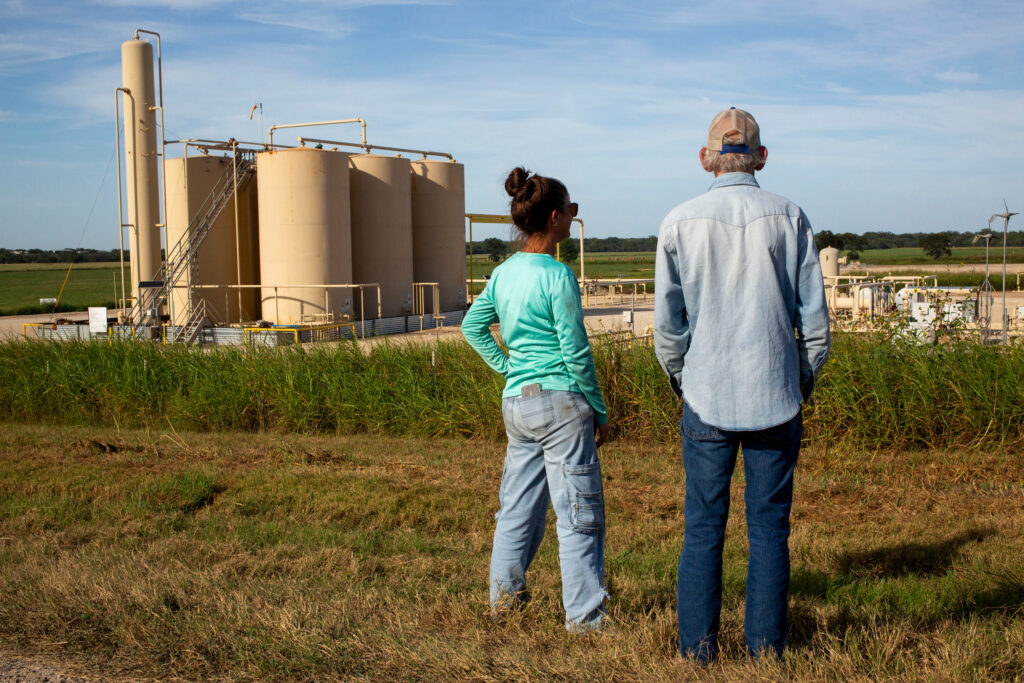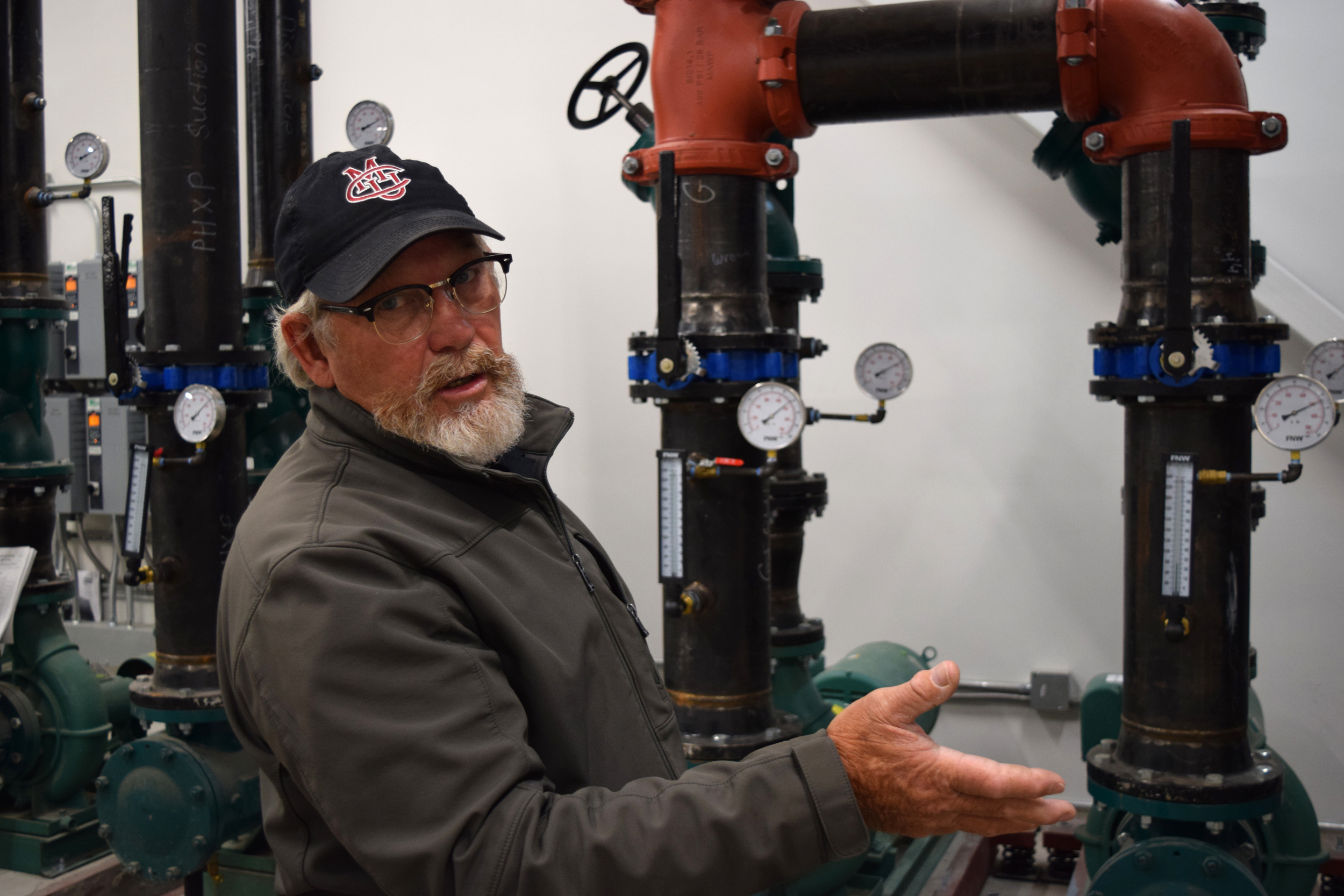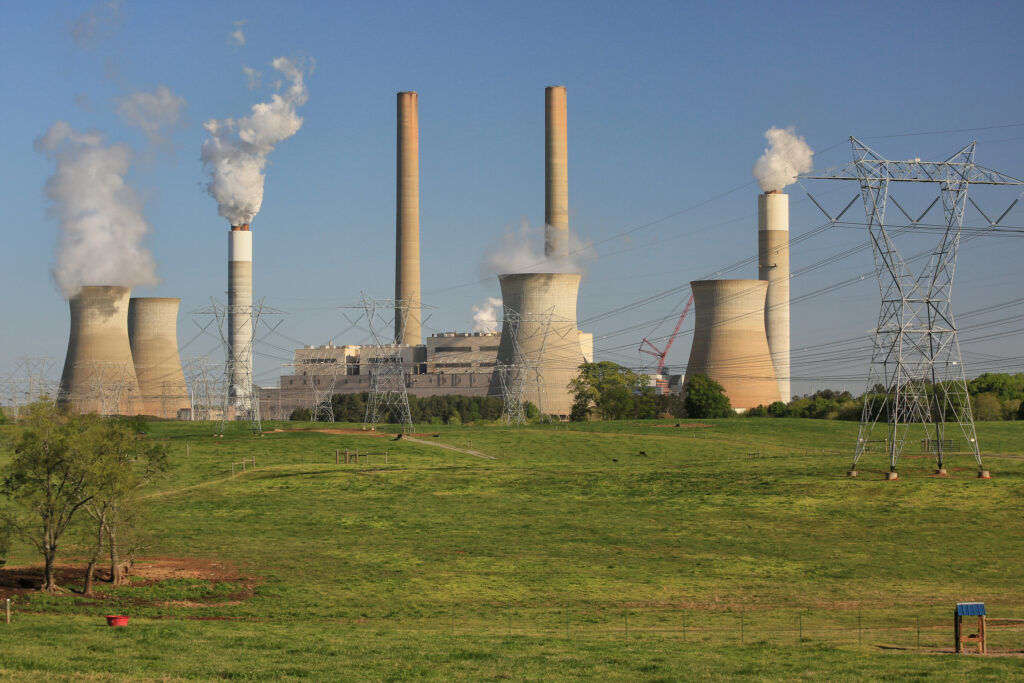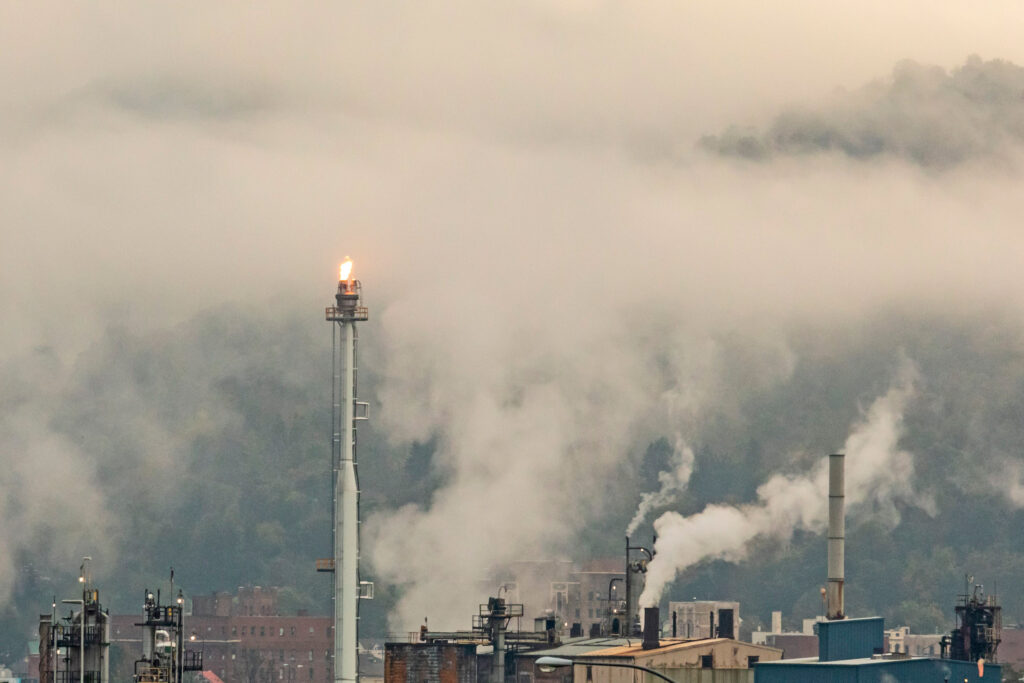Publication of the Independent Water Commission’s Final Report, alongside new legislation and updated national standards, marks a major turning point in the wider adoption of sustainable drainage systems (SuDS) by water companies and developers, writes Alex Stephenson, director, SuDSPlanter
The report, released on 21 July 2025 (with key points summarised here), strongly supports the use of nature-based solutions like SuDS to reduce storm overflows, manage flood risk and create healthier urban environments. It recommends legislative reform to embed SuDS more widely in drainage planning and calls for stronger coordination between developers, planners and water companies.
This aligns with recent changes to legislation: under the Water (Special Measures) Act, in force since 23 June 2025, water companies in England and Wales are now legally required to consider nature-based solutions within their statutory Drainage and Wastewater Management Plans. They must explain if and how they are using SuDS and other interventions to reduce pressure on the sewer network and mitigate surface water flooding.
In parallel, the government has released new standards for SuDS in England – the first update to national standards in a decade. Aimed at designers, property developers, local authorities and other interested parties, the non-statutory guidance advises on design of SuDS for new developments.
SuDS deliver benefits far beyond just managing drainage. They enhance biodiversity, improve water quality and create healthier, more attractive, resilient places to live. Crucially for water companies, they can help reduce storm overflow spills by diverting stormwater away from sewer networks. Many types – such as engineered rain gardens or planters – also offer resilience to drought by storing rainwater for use in dry periods.
New legislation and national standards signal a positive trend toward broader adoption of SuDS. As a supplier of the SuDSPlanter® systems, we work closely with the water sector – as well as local authorities, businesses and developers – to incorporate sustainable drainage into their operations and community settings.
Many water companies are already realising the benefits, having begun to invest in SuDS during AMP7 and earlier. Our planter systems are operating in all-but-one water company catchment in the UK – including in more than 300 schools.
Most recently, we partnered with Yorkshire Water to install 49 planter systems across 15 primary schools and one farm in areas vulnerable to surface water flooding, capturing up to 18,700 litres of rainwater, helping to reduce pressure on the sewer system during storms.
Under the new legislation, performance data like this, established through instant drainage modelling, will be essential for water companies writing their drainage plans – which must now consider sustainable drainage. The modelling, carried out by an independent civil engineer and hydraulics specialist, simulates how our planter systems of varying sizes, against varying roof areas, behave under a range of wet and dry weather conditions.
The analysis tells us how quickly the storage will fill, how long it would take to drain down and what impact each scenario would have on downstream drainage. This data can be used alongside results from the real-time monitoring we undertake of our planters in situ, to assess their hydraulic efficiency in attenuating and controlling roof runoff.
For developers specifiers and designers, such calculations can support planning applications by demonstrating how any SuDS within their designs can reduce the risk of flooding downstream.
Crucially, there is also the biodiversity net gain by creating and enhancing habitats within developments. Our planter systems, designed to ensure maximum plant health, can demonstrate a measurable increase in biodiversity.
Maintenance
It is good to see a section on maintenance in the new national standards – poorly maintained SuDS can fail to deliver their intended benefits. We would certainly advise, those managing SuDS installation projects – particularly on third party land – consider maintenance agreements. These should include confirmation of who will be responsible for maintaining the asset in the future.
Of course, SuDS are only part of wider strategy for sustainable management of wastewater – they do not address domestic waste or grey water, which require separate solutions – but the increasing prominence of SuDS, through these policies, is a positive step forward in creating climate resilience communities. We look forward to supporting more organisations on this journey.



